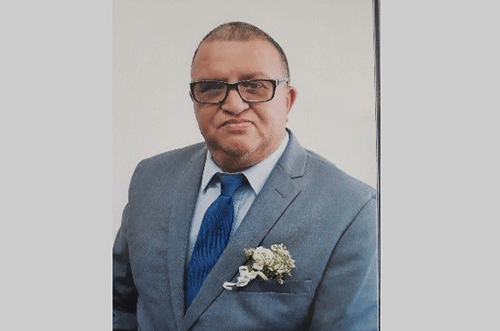I recently attended a graduation ceremony, and as I sat in that jovial moment, observing and admiring the graduates, an important question dawned on me. A question that I believe haunts most graduates, specifically those who haven’t secured jobs. Where do we go after acquiring a qualification? Do we study further and keep collecting more certificates to boost our ambitions and self-esteem, to glory in our academic achievements, and to have joined the educated class of society? Or do we embark on putting into practice what we have already learned? This is my answer to many who approach me for guidance: Attaining a qualification is the door to becoming a transformative leader.
Transformational leaders are never satisfied with the status quo. They see possibilities of changing things for the better. They believe in both social and ecclesial change. These are the types of leaders that our society needs.
In addition to satisfactorily answering the question, we must first frankly recognise where we are now. When the last national census results were made public, it showed that the majority of the citizens of this country are religious, in fact not just religious but predominantly Christians, making more than 70% of the total population. This demonstrates that we are religious people. This is not just a Namibian phenomenon – the continent of Africa as a whole is very religious.
But how does it happen that what may be the most religious country is the worst off when it comes to Gender- Based Violence, unemployment, etc?
How does it happen that we produce graduates in their numbers each year, people who are expected to lead the nation from “darkness to light”, yet they are plunged more into the darkness than light themselves?
Is the training not adequate to equip them to lead effectively? Where is the constraint in the system? For students with a diploma or degree to make a contribution to the challenges that face society and the nation, they need to embark on a journey of putting the theory that they have learned into practice, into actions that bring forth transformation, actions that change water into wines; war into peace; oppression into freedom; to live and make tangible differences in the real-life situation. From these practical actions through close observation, we will be able to identify new insights and knowl edge that lead to further improved practices. To connect what they have learned with real situations. This is where we need to depart, to put the theories learned into practice. I believe the answer to this question is there is need for transformative leaders. These are people who will seek to change things for the better.
This type of leadership is opposed to regiment leaders, who believe in giving instructions and channelling people to fit in with the status quo. They are resistant to new ways of doing things.
They expect everybody to work within the traditional pattern. Anybody who does not do so is regarded as disrupting ‘good order’. I believe that society needs a new cadre of leaders with a different attitude and sense of call, who will continue the journey of learning and growing, especially learning through practice, for knowledge is power.
Therefore, to sum this all up, take your country Namibia forward.



